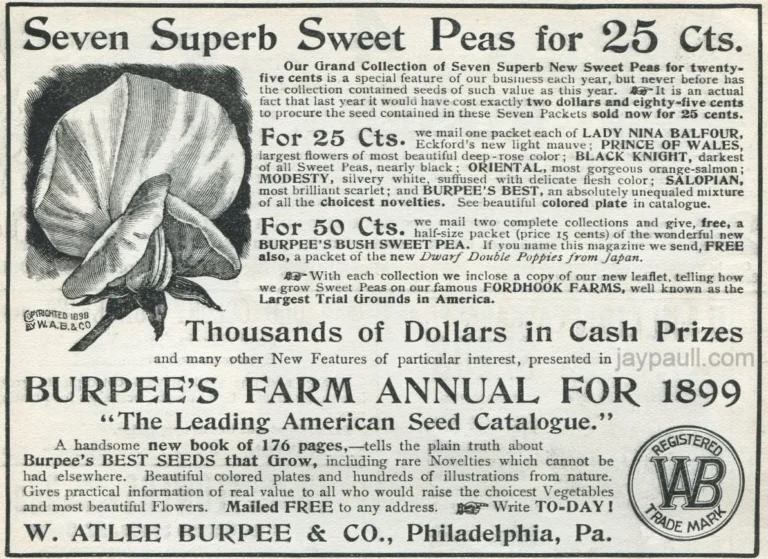
When today’s young talent weighs options between selling Cutco knives and driving for a rideshare app, understanding the Vector Marketing vs. modern gig jobs decision becomes more than just curiosity—it’s a career crossroad. Both promise flexibility, yet deliver very different experiences, outcomes, and learning curves. This hands-on comparison helps you make a clearer, more informed choice.
What Each Option Looks Like
✅ Vector Marketing
- Recruit, train, and demo Cutco knives directly to family, friends, and leads.
- Compensation is 100% commission-based—no base salary.
- You pay (or borrow) a starter kit to begin.
- Weekly training, local team meetings, and strong mentor support
✅ Modern Gig Jobs
- Work for platforms like Uber, DoorDash, TaskRabbit, Fiverr, or Upwork.
- Pick your schedule and project type—rides, deliveries, freelance services.
- Payment per ride, delivery, or project, with platforms taking a cut.
- Minimal supervision and almost no formal training.
Also Read : Top AI Prompt Hacks : How to Get Smarter, Faster Results
Flexibility & Control
Schedule Freedom
- Vector Marketing lets you choose when to sell—but your success depends on coordinating meetings and convincing people to meet. Leads are finite
- Gig jobs allow instant shift sign-ups or project proposals whenever available, on platforms like Fiverr or TaskRabbit
Work Autonomy
- At Vector, your pitch and time are yours, yet you operate within the structure of the company’s sales playbook.
- With gig platforms, you’re your own brand—especially as a freelancer—but with no oversight, luck plays a big role.
Earnings & Up‑front Investment
Entry Cost
- Vector Marketing requires buying a starter kit, which can cost over $100, according to several sources
- Gig jobs are nearly free to start—just a smartphone, the platform app, and reliable transport.
Income Potential
- Vector reps average varying results: some praise supportive managers and lucrative pay; others warn of pressure and unpredictable hours .
- Gig workers face inconsistent earnings and lack benefits, yet top-rated freelancers or drivers with bonuses can earn well .
Skill Development & Experience
Sales & Communication
- Vector Marketing invests heavily in sales training—pitching products, crafting rapport, reading body language. Employees describe “motivating, supportive managers” and growth in communication skills .
- Gig jobs hone other skills: platform navigation (Uber), time logistics (DoorDash), or project management and client communication (Fiverr, Upwork).
Business & Networking
- Within Vector, you can build a local network, gain leadership experience, and even hire/train new reps .
- Gig workers expand portfolios, client lists, and specialized expertise—valuable for freelancers and consultants.
Lifestyle & Work Environment
Social Interaction
- Vector reps often say they learned “people skills” and felt part of a “family atmosphere“.
- Gig jobs, by contrast, can be isolating—solo rides or remote client work without team support.
Stress & Rejection
- The pressure to close sales and recruit for Vector can be intense; some describe ethical concerns around selling to close relations.
- Gig workers face algorithm and ratings pressure—clients can reject jobs, low ratings can reduce opportunities.
Legal Classification & Benefits
- Vector Marketing reps are independent contractors—no health insurance or retirement plans.
- Gig workers generally lack employment benefits too, though debates over benefits for gig workers continue globally.
Continue reading…
In the next section, we break down who (age group, career goals) benefits most from Vector vs. gig, plus community perceptions and long-term value.
Pages: 1 2


